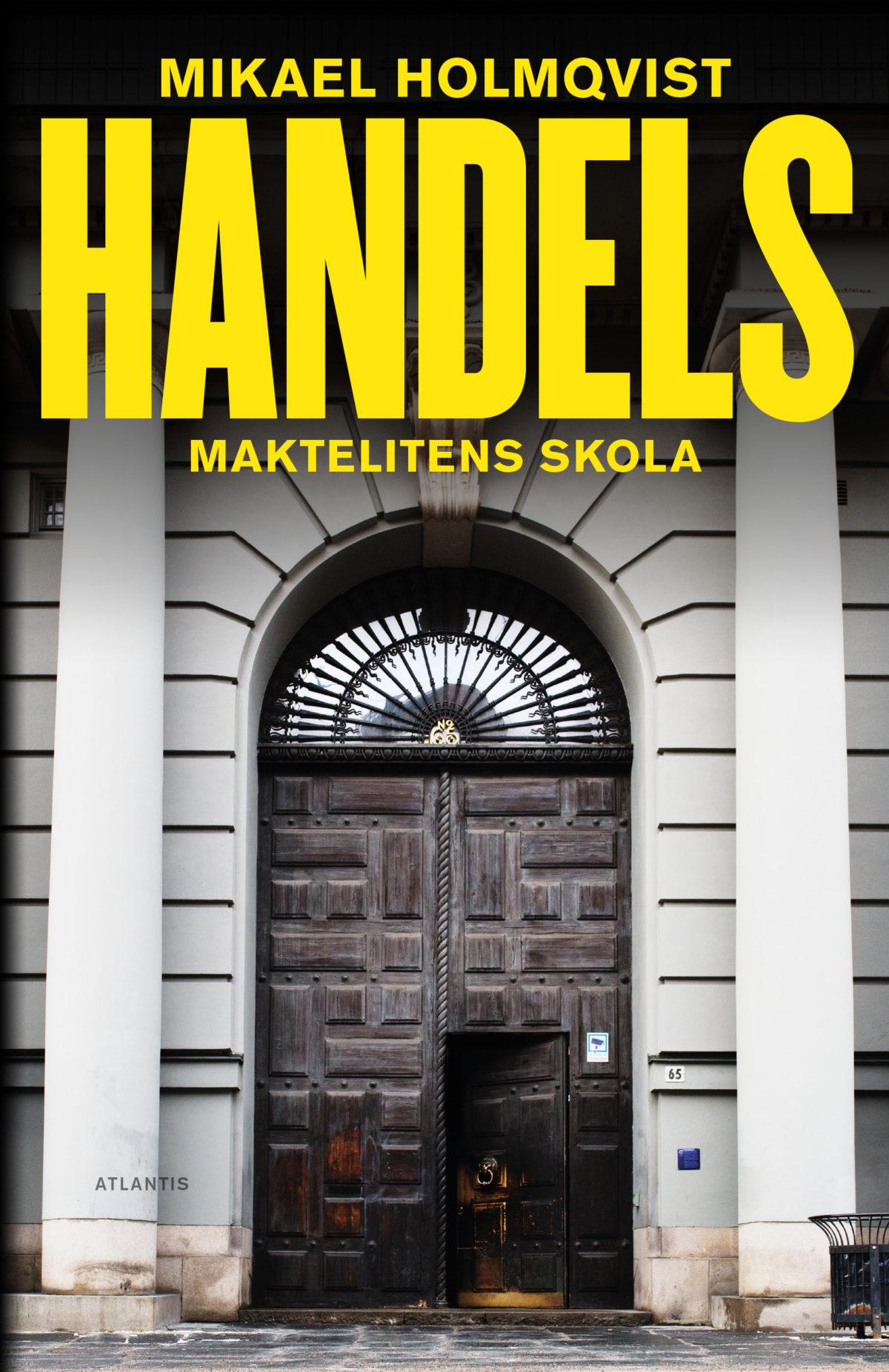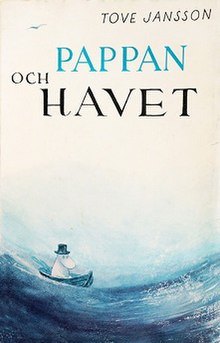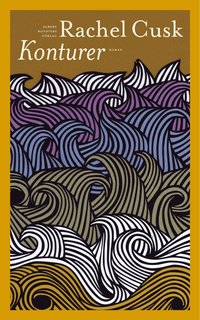I have no end of studying to do for Kammarkollegiets Auktorisation exam, which means now was the perfect time to dig into a completely unrelated 500-page sociological tome on the Stockholm School of Economics (hereafter just “Handels”). Trust me, that’s actually 5D space chess levels of expert studying strategy. It has nothing to do with the fact that the cover caught my eye when I was in the library to pick up Kammarkollegiet study material.
The best kind of nonfiction books answer a question you would have normally never asked, and answer it so thoroughly that you’re left wondering why you would have never asked it to begin with. With Handels that question is, “Why do business schools exist?”
If you’d asked me that question a month ago I would have said something like, well I guess they’re just kind of a natural outgrowth of an already-established scholastic tradition. We add new fields of study all the time in other disciplines, after all. And then they spin off and form their own highly specialized institutions for any number of reasons, and that’s how we have Handels.
Mikael Holmqvist goes on a deep dive into the history of Handels, from the original motivations behind its establishment through the administrative decisions made throughout the century up to how it operates today. The short version of the argument that Holmqvist makes is that Handels, like other business schools at the time, was founded to lend an air of academic authority and social prestige to the growing business class in society and to the field of economics generally. This particular task now a fait accompli, Handels occupies a normative role in our neoliberal society: creating an “employable” pool of people for a specific industry by imbuing them with specific ideologies and personality traits that are compatible with neoliberal market values. News to me, but not to anyone who makes a career out of studying this sort of thing, I suppose. Similar arguments have been published by anglophone academics, including several books cited by Holmqvist (most notably Debra J. Schleef’s Managing Elites: Socialization in Law and Business Schools). I don’t know that there’s an English translation in the works for Handels; I don’t really know what the point would be? But on the other hand it appears that there’s an English version of Holmqvist’s previous work on the neighborhood of Djursholm so maybe there is some kind of niche demand for this kind of thing in English.
My tone sounds a bit “damned by faint praise,” though, and that’s not my intention. This was one of those books where I had to stop three or four times per chapter to send a quote to a friend, along with my own comments, in order to pick their own brain on the topic. (Deep appreciation to those friends for indulging me and my not-always-well-lit photos of walls of text.) Likewise, I found myself wishing there already was an English version that I could share with my policy nerd friends who can’t speak Swedish. (“Aren’t you a translator? Surely it wouldn’t be hard to toss off your own translation of a couple paragraphs?” The cobbler’s children has no shoes, my friend.)
If you can read Swedish, Handels is absolutely worth your time. If it comes out in English I’ll certainly be recommending it to a very particular subset of nerdy policy people that I hang out with. Until then there’s a very thorough works cited I can dig through to find the best and most interesting English equivalent.



